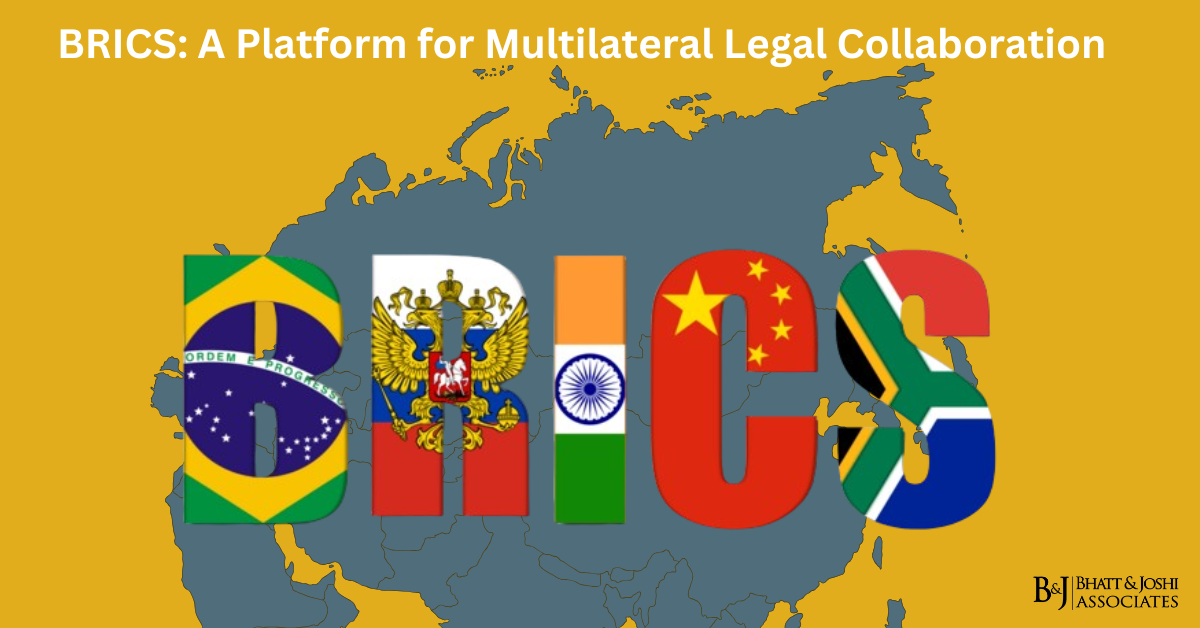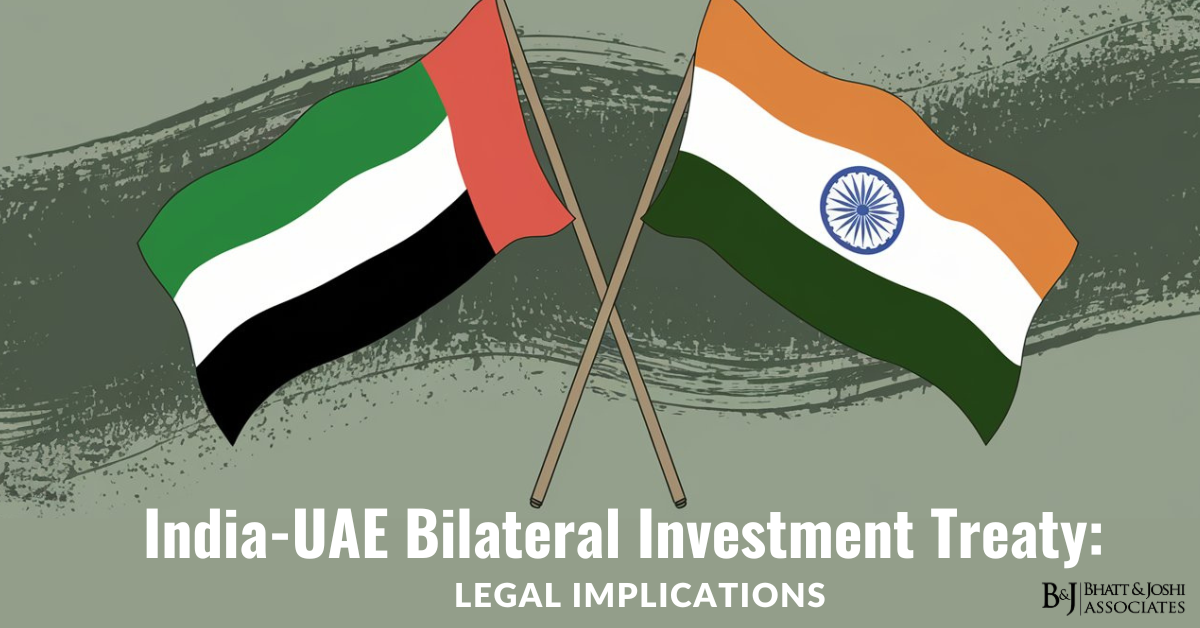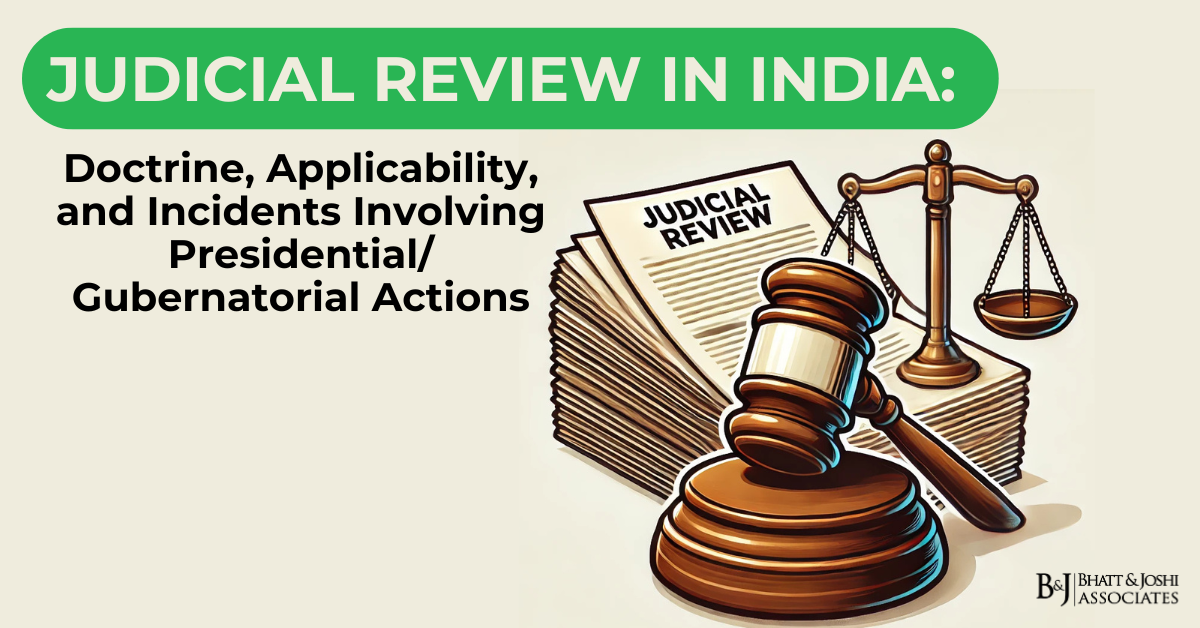Introduction
The idea of multilateralism has increasingly developed within the context of globalization over the past few decades, with its attending challenges such as the growing interdependence among nations, the economy, climate change, cyber security, and public health issues. Out of numerous international coalitions, BRICS – made up of Brazil, Russia, India, China, and South Africa – stands out as a remarkable united front of major emerging economies. While primarily regarded as an economic and political alliance, the increasing importance of the BRICS in multilateral legal cooperation is remarkable and provides a unique opportunity to strengthen global governance reforms.
The Genesis and Objectives of BRICS
BRICS was formalized in 2009 without South Africa’s inclusion at first. It joined the rest of the grouping in 2010. The coalition was established primarily to counter the influence of Western institutions such as the International Monetary Fund (IMF) and World Bank, which have previously enjoyed a monopoly over world governance. With time, BRICS has increased its focus from purely economic or political interactions to science, education, technology, and even law. The grouping’s emphasis on diversity—featuring members from different continents and legal cultures—has deepened the collaborative potential of the group, particularly regarding institutional and legal aspects.
The cooperation in law within BRICS is premised on equitable development objectives, under-representation in global governance, and framed through common problems and mutual understanding. Such objectives require the establishment of strong legal instruments about conflict resolution, trade, and international compliance. The alignment of legal politics and systems among BRICS members becomes indispensable for achieving these goals, particularly because of the varied legal systems among the member states.
Legal Frameworks and Institutions in BRICS
The intergovernmental framework of BRICS is based on legally non-binding agreements, action plans, and declarations. In contrast, legal documents in the EU are created under the authority of treaties. Those non-legal documents may indicate the plans of the organization, however, they are realistic only at the declarative level. Such frameworks have sufficed for BRICS thus far, enabling it to deal with shifting global realities for its members’ sovereignities intact.
In 2014, BRICS countries formed the New Development Bank as an infrastructural and development funding bank, which illustrates the growing legal and institutional framework of BRICS. Its unique governance, granting every member economy equal votes regardless of their size, illustrates BRICS’ mandate which transcends unequal power structures. Its other mandate is even more novel: offering Contingent Reserve Arrangement CRA, which acts as a shield for member states in an economic storm, highlighting how institutional legal documents can cultivate financial security. The NDB and CRA serve as reminders of how lacking coherent legal frameworks hinders cooperation and the aid of financial and institutional resources.
Areas of Legal Collaboration
Legal collaboration within BRICS is done in multiple areas to consider the complexity of issues in different member countries and the need for a collective approach. This includes trade and investment law, environmental law, cybersecurity, data protection, and even human rights. The goal is to where it is legally feasible, unify laws and practices in a as flexible way as possible in light of the existing legal traditions of each member state.
Trade and investment issues are among the most important areas within the legal collaboration between BRICS countries. Attempts have been made to unify the trade policies and minimize trade restrictions among the members. The legal means in this area include bilateral investment treaties (BITs), double taxation avoidance treaties (DTAAs), and memorandums of agreement (MOAs). Legal disputes and case law among the BRICS countries have shown the gaps in these countries with proper legal mechanisms. Indian investors and Russian authorities had an arbitration case under the India-Russia BIT. Brazil’s new approach to BITs, which makes non-judicial dispute settlement the primary feature, is a good candidate to serve as a model for established developing countries. With increasing trade among these countries, so many legal issues such as the rights of foreign investors, protection of investors’ interests against hostile takeovers, and trade dispute resolution arise which need to be dealt with by legal systems.
Given how its members are constantly facing ecological challenges, environmental sustainability is of critical concern for BRICS. Brics’ legal cooperation has been focused on climate change through the Environment Ministers’ Meeting and joint declarations. The Paris Agreement of 2015 provides a global structure for environmental law, which the member states seek to implement, and within the group, BRICS advocates for its implementation. In addition, India’s commitment to renewable energy, and China’s position in green technology, illustrate how domestic legal instruments can serve multilateral objectives. Legal disputes which pertain to compliance with environmental protection, such as South Africa’s court case on mining and biodiversity issues, underscore the necessity for well-developed legal frameworks that will enable development whilst protecting the environment. With the impact of climate change worsening, BRICS member states must strive to develop and implement legal instruments that serve to protect the environment.
In this period of digital changes, data protection and cybersecurity have become focal points of collaboration within BRICS. The member states have acknowledged the existing gap of unified legislation on cybercrimes, privacy, and data sovereignty. Apart from integrating cybersecurity measures within the region, some BRICS members are part of the Shanghai Cooperation Organisation which has an agreement on information security. China’s Cybersecurity Law and India’s Personal Data Protection Bill are examples of how single-nation legal systems can create multilateral norms. Other significant case laws such as the Aadhaar verdict in India, which endorsed the violation of privacy, also tend to play an important role in the legal dialogue within BRICS. Establishing fundamental principles for the governance of cyberspace, digital technologies, and information security will facilitate the reduction of transnational cybercrime and the violation of citizens’ rights in the region.
While still differing in their political and legal systems, social justice as well as human rights are some areas where BRICS members have sought common ground. Collaboration is being done in this regard with a specific focus on labour issues, gender-based violence, and access to justice. Take for example South Africa; her constitution is one of the most progressive in the world because it recognizes and guarantees socio-economic rights, which serves as a guide to other BRICS member countries. The way Brazil fights modern slavery through stringent employment laws and India’s aid for women’s legal empowerment showcases how domestic legal systems facilitate international objectives. International precedents such as those provided by the International Labour Organization (ILO) have had an impact on the way BRICS countries deal with legal and social justice issues. The gap in existing laws and the law creates the opportunity to legally promote social justice and equal distribution of national wealth among the member countries.
Regulation and Oversight Mechanisms
Intergovernmental interactions, specialized working groups, and yearly summits are the main channels through which legal collaboration within BRICS is managed. These channels guarantee member states’ interaction as well as their sharing of optimal methods. Along with the other members, BRICS has collaborated with international bodies such as the United Nations, the World Trade Organization (WTO), and The International Labor Organization (ILO) to make sure that their policies comply with global standards. This emphasizes the role of international law in the collaboration of BRICS members states’ in legal affairs.
In terms of enforcing monitoring and effective implementation of agreements, BRICS has considered joint task forces and periodic monitoring as possible mechanisms. These efforts, although limited, demonstrate the coalition’s progressive intention toward responsibility and openness. With all these positive attributes, the absence of a formal judicial institution within BRICS is a barrier to dispute resolution and compliance enforcement.
Challenges in Legal Collaboration
Although BRICS is making progress in legal integration, some challenges remain. The integration of laws is often hindered by the variety of legal systems, political values, and economic interests of member states. For example, the common law traditions in India and South Africa are very different from the civil law traditions of Brazil, Russia, and China. These gaps involve extensive bargaining and accommodating to reach mutually satisfactory goals.
Existing conflicts within BRICS, for example on the trade restrictions and the protection of trademarks, demonstrate even more the gaps for efficient mechanisms for resolving these disputes. The lack of a binding legal document within BRICS makes it difficult to enforce agreements and compliance monitoring is practically impossible. Also, some member states are geopolitically antagonistic towards each other, having border conflicts and unbalanced trade relations, which slows down cooperation and decreases confidence.
Case Laws and Judgments
Case laws and judicial decisions play a crucial role in shaping the legal discourse within BRICS. For example, the Indian Supreme Court’s judgment in the Vodafone tax dispute highlighted the complexities of international taxation and its implications for foreign investors. The Brazilian judiciary’s rulings on environmental protection, such as the ban on mining in indigenous territories, have set important precedents for sustainable development. Russian arbitration cases involving foreign investors have underscored the importance of transparent legal systems in attracting investment. These judgments and their implications highlight the interplay between domestic and international legal systems within the BRICS framework.
The Future of Legal Collaboration in BRICS
The prospects of legal cooperation in BRICS depend on its effectiveness in solving issues and transforming challenges into opportunities. Some of the institutional balancing priorities are: the enhancement of institutional mechanisms; capacity building; and public-private partnership development. Creating a permanent legal forum or an arbitration centre for BRICS would improve the resolution of conflicts and harmonization of laws. Such an institution could also lead discussions on new legal problems, such as those of artificial intelligence and biotechnology.
Training specialists, judges, and policymakers jointly in international law helps in building shared constructs. Such initiatives will enhance the domestic legal orders while also assisting in the development of multilateral legal order principles. Collaboration between the governments and the private sector can lead to advancements in digital and environmental law. Complex legal problems can be solved and sustainable development promoted if resources and skills are shared in BRICS.
Conclusion
Although it’s recent, BRICS has developed into a single point of contact for multilateral legal cooperation. The member countries can achieve a certain balance in the global legal system by using their combined strengths and dealing with common problems. BRICS’s success will, however, rely on its capacity to make headway on national interests versus collective aims, while at the same time sustaining justice, equity, and the rule of law. As the world becomes greatly globalized, the need for legal cooperation within BRICS will surely expand, providing other multilateral initiatives with a model to follow.














